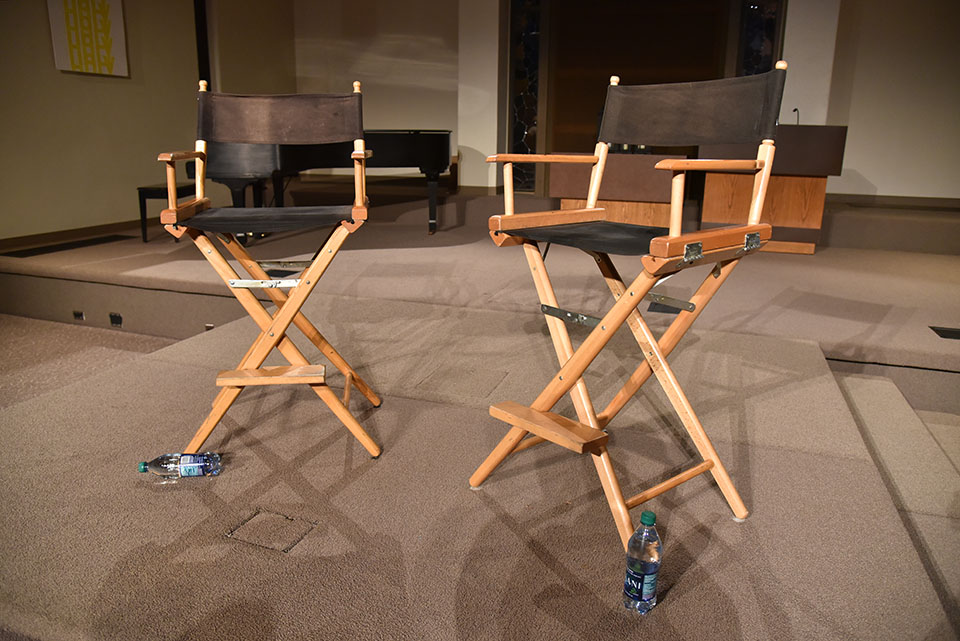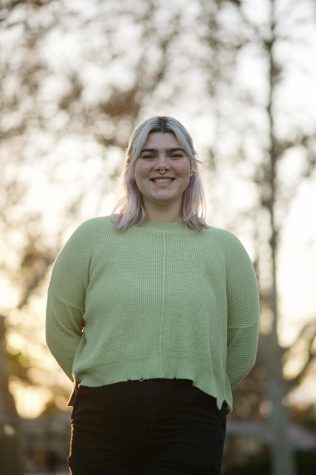At a private Christian institution like Biola University, there are expected restrictions on artistic freedom as the university recommends that creative projects align with Biola’s code of conduct. In the Cinema and Media Arts program at Biola, artistic censorship is a topic widely debated amongst students and faculty. Students are concerned that Biola’s community guidelines prohibit them from artistic endeavors that do not align with Biola’s core values, sometimes censoring projects entirely.
BIOLA’S COMMUNITY STANDARDS
Biola’s community standards submit to Biblical instruction and students agree to follow these guidelines upon enrolling at Biola University, according to the student handbook. The specifics of these standards can be found in the Biola student handbook, which enumerates the university’s policies including restrictions on sexual activity, gender and sexuality, intoxicating substances, gambling, dancing and weapons.
Biola’s community guidelines censor topics that are heavily displayed in modern secular media. Aspiring artists and filmmakers at Biola are faced with the decision to discern what is appropriate to depict in their projects. With multiple perspectives on censorship in the Christian community, many Biola students question their social and academic freedom of creativity.
“I think censorship will inevitably occur in creative projects,” senior CMA major Rachel Winifred Sunu said. “Whether you work for another person or company, you have to abide by certain rules. Content needs to be appropriate for the audiences they are intended for. As a film student, I believe in limitations, but not censorship. Limitations breed creativity, but censorship stifles it. When it comes to student projects, they should be learning to push the envelope.”
THE CINEMA AND MEDIA ARTS PROGRAM
In “Reforming Hollywood,” Romanowski states, “Movies can elicit profound, sometimes dismaying, reflections about the reciprocal influence between religion and society, faith and culture, belief and behavior. Rarely, however, do filmgoers consider the influence of religion on the production of film itself.”
In the cinema and media arts program, students are not required to purely make Christian content; however, professors strongly suggest they include themes of faith in their projects.
All CMA student projects run through an approval process by a greenlight form before going into production. When filling out this form, students are required to answer this question: “Will there be any depictions of anything that would violate Biola’s code of conduct?” Some examples given on the form include depictions of smoking or drinking. With this question posed, there is a risk of projects getting denied because of the subject matter alone.
CMA STUDENTS’ EXPERIENCE
“Censorship within CMA — as I know it — has less to do with what students can or can’t do in their films, but more so with what content Biola chooses to promote or ignore,” Sunu said. “Students who make films with these themes won’t necessarily have to face academic consequences, but maybe they won’t be recognized alongside students who choose to avoid those topics.”
“In my experience, censorship in the CMA program is much more cultural than an enforced ban of certain material or medium of expression,” said senior CMA major Andrew Etzweiler. “Many films I have made in the past have not been recognized or promoted by the CMA program. I believe this has to do with meeting the Biola community standards.”
The CMA students at Biola University are advised to censor inappropriate content for the sake of promoting the school, otherwise they usually have complete artistic freedom in the classroom. Some students feel neglected by the program because of the lack of recognition, and possibly pressured to alter the content of their projects.
“Although I’ve made a large amount of content while at this university, I feel like a bit of an outsider when it comes to the higher-ups in the department,” Etzweiler said. “For friends of mine, many scripts have not been recognized because the university doesn’t agree with the content. Some of them have faced heavy criticism or have been forced to make changes.”
THE INTEGRITY OF ARTISTIC EXPRESSION
Students are left to come to creative conclusions on their own. Each student must find the confidence for expressing creatively while the knowledge of the community’s strong opinions hangs over their heads. With subjective limitations, there are loose interpretations and differing opinions from students and faculty.
“Students are encouraged to find their voice within CMA, so the main type of censorship that I see is self-censorship,” CMA professor Dean Yamada said. “As young filmmakers and Christians, some students second-guess their creative choices out of fear of judgment.”
According to Yamada, honesty in films is an essential part of the creative experience.
“Good films reveal truths about humanity and human behavior, but if we’re afraid to portray that honestly in film, then we may never become the artists we aim to be,” Yamada said. “Of course, there are limits, especially if we are not able to adequately back up our creative choices with truth or authenticity within the story.”
In the continuous conversation about creative censorship in the Christian community, both students and professors seek to find the compromise between artistic expression and community expectations. While remaining inside Biola’s community standards, student artists and filmmakers continually battle the social aspects of creative limitations. CMA students must find their voice within a school environment which expects that art should not be provocative — an expectation which can devolve into self-imposed or socially enforced censorship.












